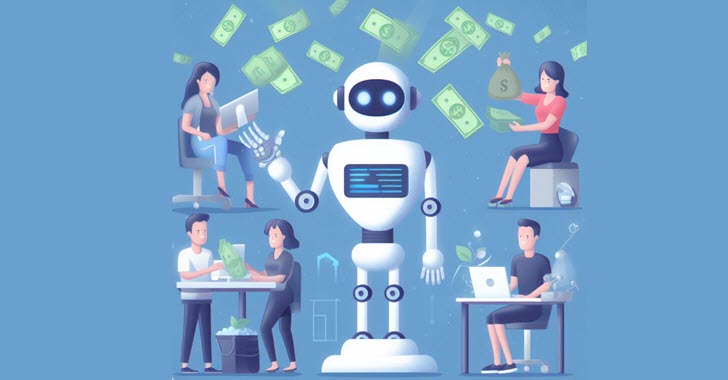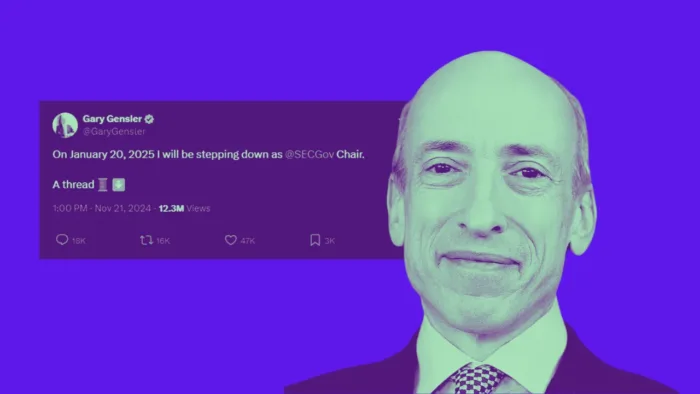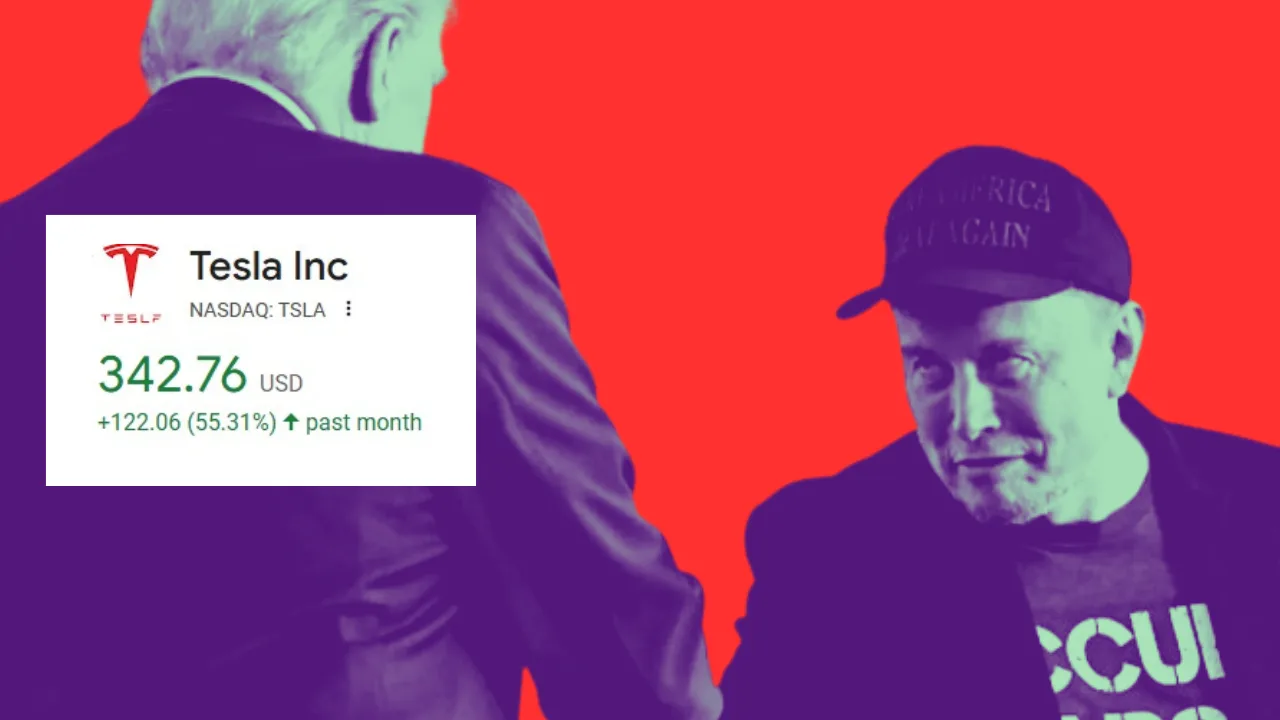The Advent of AI and Job Transformation
At a recent U.K. A.I. Safety Summit, entrepreneur Elon Musk shared insights that could redefine the traditional workplace. He envisioned a future where artificial intelligence (AI) could fulfill all job functions, suggesting a radical shift from necessity-driven employment to optional work for personal fulfillment.
A Protopian Vision of Abundance
Musk’s outlook isn’t rooted in dystopian fears but in a “protopian” expectation—a gradual progress towards an ideal state. He envisions AI not as a threat but as an educational boon and a universal tutor, paving the way to an era of abundance in goods and services.
Universal High Income: The New UBI?
Musk’s concept of a “universal high income” hints at a societal evolution beyond the universal basic income (UBI) supported by tech luminaries like Sam Altman and Mark Zuckerberg. Although lacking in details, this idea suggests a future where income distribution could be more equitable, but Musk has yet to elaborate on how this system would function or how it differs from the basic income model.
The Silicon Valley Debate on Income Models
In Silicon Valley, opinions on income models are divided. Venture capitalist Marc Andreessen has vocally criticized the UBI model, fearing it would reduce human dignity and productivity. However, public sentiment is shifting as the precarity of the job market and living costs surge. Universal basic income, once considered a radical idea, is gaining traction as a viable solution for financial security.
Universal Income: A Tested Theory
Evidence from pilot projects, like Denver’s initiative for the homeless, demonstrates the potential of universal income. Providing $1,000 monthly to homeless individuals resulted in a significant drop in street homelessness and improvements in mental health and employment. These outcomes suggest that UBI or similar models could offer more than just financial relief—they could catalyze broader social improvements.
The Need for Immediate Solutions
While Musk’s future of AI-driven prosperity may be on the horizon, the immediate concerns of the working population are pressing. With the cost of living escalating, many are seeking prompt financial solutions rather than awaiting an AI-dominated job market. The gap between futuristic visions and current economic realities remains a challenge for policymakers and tech visionaries alike.
Adding Context and Clarity
As AI continues to evolve, its impact on the job market is inevitable. Musk’s vision may seem optimistic, but it is crucial to understand the mechanics behind such a future. How will the transition to AI-dominated industries occur? What policies will ensure a smooth shift towards universal income models? These are the questions that must be addressed to make Musk’s “protopian” future a reality. Furthermore, understanding the socio-economic implications of replacing traditional income with a universal high income is vital. Will it be sustainable, and how will it redefine the concept of work and productivity? As we stand at the precipice of this technological revolution, it’s essential to have a nuanced discussion about the future of work and the role of AI in our society.





